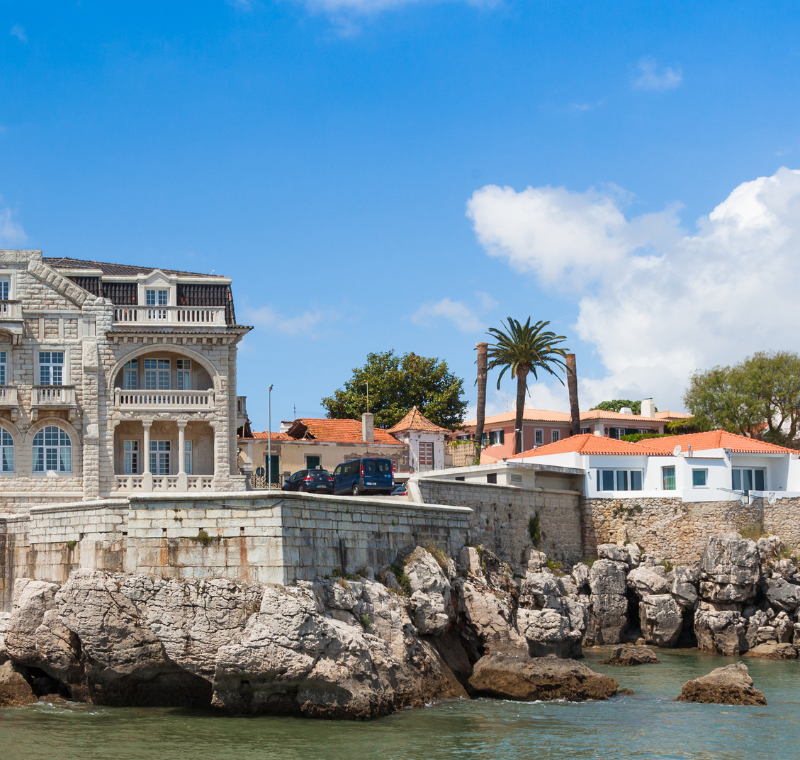FIPP Congress: Roaring 20s to the digital era
The FIPP World Magazine Congress, which celebrates its 39th edition this year, has always moved with the times. Mike Nicks reports…
In 1925 the American writer F. Scott Fitzgerald and the French magazine publisher Hipólito Mounier both launched media events that were to become significant.
Fitzgerald, then only 29, published The Great Gatsby, the novel that encapsulated the Roaring Twenties. Mounier, 61, who had founded the journal L’Industrie Chimique (Chemical Industry), organised the 1st International Congress of the Technical Press at the Cercle de la Librairie on the Boulevard Saint–Germain in Paris.
Mounier’s venture still touches people in the magazine media business today, for his event was the forerunner of what we know today as the FIPP World Magazine Congress.
FIPP’s 39th World Magazine Congress will take place in Rome in September 2013 (for more, visit www.fippcongress.com).
In its early years the congress toured Europe’s capitals. By the mid-sixties it had become a biennial event – a frequency that it retains today. And in 1969 it ventured outside Europe for the first time, when it was hosted in Williamsburg, in the USA.
FIPP increasingly became the association that assisted publishers to gain knowledge and experience of global opportunities. And the World Magazine Congress became the networking venue, where contacts were made and relationships grew.
The Congress also tackled major issues of the day. “The Periodical Press as a Dynamic Force in the Communication Evolution”, was the unwieldy theme title of the 1965 event in Rome, for example. The 1975 Congress in Amsterdam looked at: “Publisher and Editor – Living Apart Together (The Open Marriage Between Creativity and Profit)”, while in Madrid in 1985 delegates debated “The Future of Periodicals in the Media Revolution”.
At the 1971 event in London, C.R. Devine, vice-president of Reader’s Digest, mused, “The day may soon arrive when magazine publishers will programme their editorial material on video cassettes and sell or rent them on a weekly or monthly basis.” The following day, French publisher Jean-Louis Servan-Schreiber complained that magazines were getting too much advertising – a problem that the industry would so like to be facing today! Meanwhile, Rein van Rooij, editor-in-chief of Televizier in the Netherlands, wrote: “How to make money from the exploding technology of communications? That question should worry publishers of journals and magazines day and night.”
Forty-two years on, some things haven’t changed.
“I remember that at one time the theme of every single conference was some new development seen as a threat or an opportunity,” says Helen Bland, FIPP’s company secretary and information services director. “But it was becoming tedious, and we realised that new developments are not a topic – they’re a constantly underlying theme. Conference themes in recent years have become much more embracing.”
Helen has seen plenty of change in FIPP, especially in the way that publishers work together when they operate internationally. “A company will often launch a foreign edition of one of their titles with an organisation who may be a competitor in some territories but that already operates in the new country, if the publisher of the title has no experience there,” she says.
“That is the value of FIPP and the World Magazine Congress. We are not a lobbying organisation, we are about networking. It’s a criteria for all of our events, that they must be sociable: people are there to network, and we hope that they take away key knowledge from the conferences.”
FIPP World Magazine Congress milestones
1925 Paris: First Congress
1953 Williamsburg: first Congress in the USA
1965 Rome: the Congress establishes a biennial frequency
1971 London: first Congress in the UK
1997 Tokyo: first Congress in Asia
2001 Rio de Janeiro and Buenos Aires: first Congress in Latin America
2007 Beijing: first Congress in China
2011 New Delhi: first Congress in India
Find out more about the Congress: www.fippcongress.com









